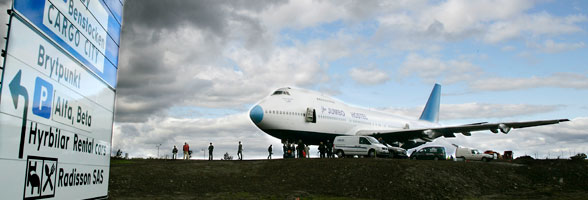
Guide to Set up company Singapore
Basic Information about Singapore
Singapore is an island city-state off the southern tip of the Malay Peninsula. Singapore is a highly cosmopolitan World City with a key role in international finance and trade. It has a diverse populace of nearly 5 million people which is made up of Chinese, Malays, Indians, Caucasians and Eurasians and Asians of different origins, which is in line with the nation's history as a crossroads for various ethnic and racial groups.
The modern history of Singapore began in 1819 when Englishman Sir Thomas Stamford Raffles established a British port on the island. Under British colonial rule, it grew in importance as a centre for both the India-China trade and the entrepot trade in Southeast Asia, rapidly becoming a major port city.
Singapore's populace has the 6th highest percentage of foreigners in the world. 42% of the population in Singapore are foreigners and foreigners make up 50% of the service sector.
Even before independence in 1965, Singapore was already one of the richest states in East Asia due to its strategic location as a port. After independence, Foreign direct investment into Singapore and a state-led drive for industrialization based on plans by Goh Keng Swee and Albert Winsemius created a modern economy focused on industry, education and urban planning.
Despite Singapore's small physical size, the country has the world's ninth largest foreign reserves and one of the most technologically advanced armed forces in Southeast Asia.
The economy of Singapore is a developed country and highly developed state capitalist mixed economy. Singapore has one of the busiest ports in the world and is the world's fourth largest foreign exchange trading centre after London, New York and Tokyo. Singapore has been rated the most business-friendly economy in the world, with thousands of foreign expatriates working in multi-national corporations.
Singapore has a highly developed market-based economy, which has historically revolved around extended entrepot trade. Along with Hong Kong, South Korea and Taiwan, Singapore is one of the Four Asian Tigers. The economy depends heavily on exports and refining imported goods, especially in manufacturing, which constituted 26% of Singapore's GDP in 2005 and includes significant electronics, petroleum refining, chemicals, mechanical engineering and biomedical sciences sectors. In 2006 Singapore produced about 10% of the world's foundry wafer output. Singapore has one of the busiest ports in the world and is the world's fourth largest foreign exchange trading centre after London, New York and Tokyo. To setup a company in singapore do visit singapore company registration.
As a result of a global recession and a slump in the technology sector, the country's GDP contracted 2.2% in 2001. The Economic Review Committee (ERC) was set up in December 2001, and recommended several policy changes with a view to revitalising the economy. Singapore has since recovered from the recession, largely due to improvements in the world economy; the economy grew by 8.3% in 2004, 6.4% in 2005 and 7.9% in 2006.